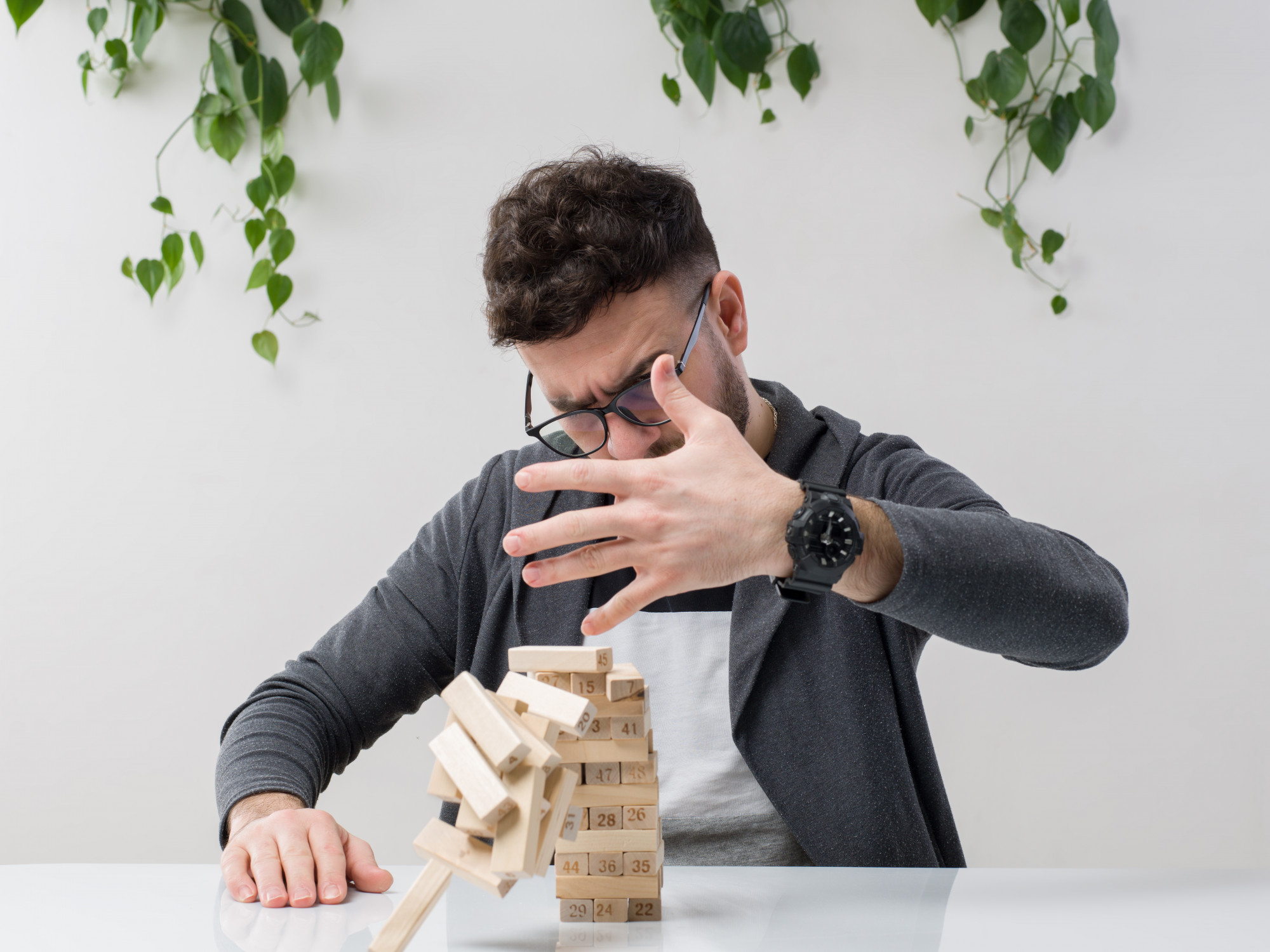3 Techniques Therapists Use to Support Habit Building and Behavioural Change
Last Updated on April 24, 2025 by Prath

Habits hold immense power.
Imagine waking up every morning at the same time and training your brain to think and act positively. Doing this builds strong neural connections. By maintaining a habit, you’re teaching your brain to become mentally resilient.
That being said, building habits is hard. More so for people who already struggle with mental health issues.
If you’re depressed, getting out of bed can be a major task altogether. Brushing your teeth becomes strenuous. What were once basic human needs may now seem distant and taxing.
“My brain and my heart are really important to me. I don’t know why I wouldn’t seek help to have those things be as healthy as my teeth.”
– Kerry Washington
If you relate, we have some good news: Therapists in Singapore can teach you how to build habits.
In fact, people from all walks of life with healthy or distressed mental health can reach out to professionals for personal development.
Just like we exercise to build muscles, we need to build our ‘mental muscles’ to protect our emotional well-being. In this article, we explore the science of how habits work, the techniques used by therapists, and how to start new habits.
In a book called Atomic Habits, James Clear explains that all habits follow this order: cue, craving, response, and reward.
Think of it this way: The cue is looking at a fit body (ie reward), the craving is desiring the fit body for ourselves, and the response is our attempt to obtain the reward.
Now that we know the science of habits, how do we change them?

A change in behaviour implies a change in identity. We start a habit because of the need to find joy, but as a regular practice, the habit becomes a trait of our personality.
For example:
Learning these habits means that they become a reliable solution to:
In fact, conditions like social anxiety are made up of worries. From a mechanistic perspective, these thought patterns are learned and reinforced throughout life.
Therefore, to counteract these habits, Therapists may use an alternative ‘habit-building’ tool like mindfulness to bring awareness to your cognitions and actively change them.
A case study was conducted in 2021 with a 40-year-old male with several physical and mental health issues. The participant also had panic disorder and generalised anxiety disorder (GAD).
Let’s call the participant ‘A’. In the first clinic visit, researchers used the trigger-behaviour-reward model to address A’s anxiety.
A was asked to map out habit loops based on the model in a week. After mapping out the details, A came to identify that he tends to stress eat as a habit whenever he feels anxious.
As he became more aware of this habit formation, A started replacing stress eating with mindfulness techniques taught by the researchers.
Over the next year, A’s anxiety returned to normal, he lost significant weight that was causing blood pressure issues, and he resumed living a normal and functional life.
Therapists in Singapore may use many tools and exercises to facilitate habit formation.
These techniques can help:
Below are the 3 most effective techniques used by Therapists for positive therapy outcomes.

Miracle questions have the power for the Therapist to explore your inner world and find solutions to your problems.
Therapists may ask you to imagine what an alternative reality could look like.
For example, what does your ideal relationship look like? Which place of residence would keep you happy and safe for a long time?
Your alternate reality is imagined to be better, ideal, and with minimal or no problems.
During therapy sessions, your Therapist may:
As the Therapist challenges you to broaden your perspective, you may become more engaged in the therapy process. Your proactive involvement will result in valuable insights into building an ideal lifestyle.
Miracle questions are used for individual, family, or couples therapy. The questions are also modified based on the type of approach used and the problems presented.
Below is an example of the beginning stages of miracle questioning:
‘This may sound strange to you, but imagine going to bed and sleeping at your usual time.
When you wake up, suddenly, miraculously, your life has completely changed. Something exciting has happened.
The problem you visited me with today does not exist anymore. You are happy, confident, healthy, and doing well in life.
With this picture in mind, tell me, what difference would you first notice about yourself in this new life?’
In talk therapy, if-then planning can help you identify problematic situations and learn new behaviours to overcome them.
If-then plans are helpful to build positive habits that you’ve already learnt in therapy. The technique can also be used for any other habits you want to form, like journaling, learning music, or painting.
For example, in the context of learning therapeutic skills, imagine your Therapist in Singapore taught you a new tool to improve your sleeping habits.
The professional has also assigned this technique as therapy homework that you may need to do between sessions. In this case, a relevant if-then plan might be, ‘If it’s after 5 pm, then I will only have water instead of coffee.’
The implementation of if-then plans specifies what habit to stick to during a particular situation.
You may work with your Therapist to:
Below are some examples of if-then plans:
Many TYHO Therapists in Singapore are trained in motivational interviewing.
During sessions, Therapists may ask constructive and motivational questions to elicit your desire for change.
The key qualities of MI include the following:
Questions focused on a client’s desire to change may include words like want, wish, or hope.
For example:
Therapists may ask questions focused on ability as well. These questions may include elements like what the client can do or assess their capabilities for change.
For example:
MI questions may also involve prompts. Therapists may focus on exploring the reasons that a client wants to change, even if they feel unprepared for it.
For example:
At TYHO, we have a diverse pool of Therapists if you are ready to start the journey of change!
